Advantages of PLC
Today, automation plays a central role in industrial production. In order to gain competitive advantages and meet the challenges of constantly changing market requirements, it is important that companies use efficient and flexible automation solutions. This is where PLC comes into play.

What is PLC?
A PLC (programmable logic controller) is a digital controller that was specially developed for use in automation. It consists of a processor, memory, inputs and outputs as well as a programming environment and is able to control and monitor processes automatically.

What are the advantages?
- Increase in efficiency: The use of automation technology can significantly increase efficiency in production. Automated processes can be executed faster and more precisely, which leads to a reduction in sources of error and better product quality.
- Process optimization: A PLC system makes it possible to optimize processes and adapt them to changing requirements. Due to the flexible programmability, processes can be adjusted quickly and easily in order to achieve higher efficiency and productivity.
- Monitoring and diagnostics: A PLC solution makes it possible to monitor and diagnose processes in real time. This can be of great benefit when troubleshooting and optimizing processes.
- Scalability: A PLC can be easily scaled to meet the needs of a growing business.
- Cost-effectiveness: In the long term, its use can lead to cost savings. Automated processes can avoid errors and increase productivity, which can lead to a reduction in costs.
Overall, PLC offers many advantages for industrial automation. It enables an increase in efficiency, process optimization and monitoring of processes in real time. Due to the flexible programmability, it can be adapted to changing requirements at any time in order to achieve higher efficiency and productivity.
Do you need a spare part for PLC technology? Contact us today and learn more about how we can help you optimize your processes with a state-of-the-art PLC.



